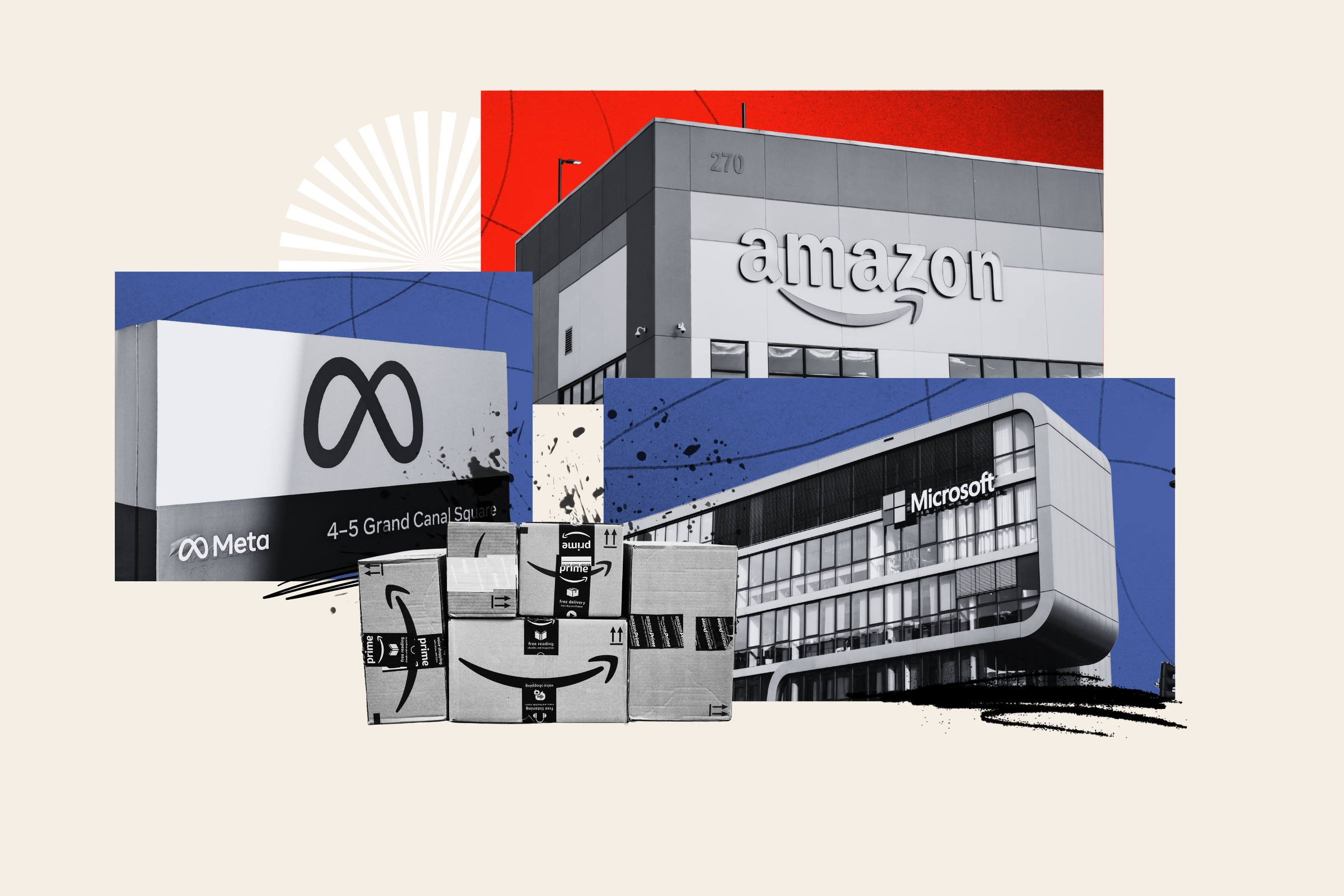URGENT UPDATE: A significant surge in H-1B visa approvals has been confirmed for 2025, with major U.S. companies ramping up their sponsorships amid ongoing talent competition. According to the latest analysis from federal data, employers across consulting, technology, and financial services sectors are increasingly turning to foreign talent to fill critical roles.
New reports reveal that Amazon remains the single largest H-1B sponsor, boosting its approvals from 9,257 in 2024 to 10,044 in 2025, an increase of 787 visas. This rise, while notable, represents only a small fraction of Amazon’s global workforce of approximately 1.56 million employees.
Officials from Amazon attribute this increase primarily to visa renewals—which occur every three years for employees hired during the pandemic—and higher lottery selection rates, following reforms by the U.S. Citizenship and Immigration Services (USCIS) to prevent duplicate entries from certain employers.
JPMorgan Chase saw one of the most substantial increases, with approvals soaring from 1,719 to 2,440, marking a rise of 721 approvals. Other tech giants are also escalating their foreign hiring efforts. Microsoft increased its approvals by 464, rising from 4,725 to 5,189, while Apple added 329 approvals, going from 3,873 to 4,202. Meta Platforms experienced a growth of 279 approvals, totaling 5,123 in 2025.
The increase in H-1B sponsorships comes even as some companies announce layoffs, leading experts to suggest that firms are seeking specialized skills that may not be available among the existing U.S. workforce. Madeline Zavodny, an economics professor at the University of North Florida, stated,
“It’s not surprising to see continued strong demand for H-1B visas, even among some businesses that have announced layoffs.”
Despite the apparent surge in approvals, experts caution that these numbers include extensions, transfers, and cap-exempt petitions, meaning they do not directly reflect new foreign hiring. Jeff Lande, president of the Lande Group, emphasized the potential for confusion around the data, stating,
“The numbers can be quite misleading if you are unfamiliar with the data.”
The statutory cap for new H-1B visas remains at 85,000, and the ongoing competition for these limited slots indicates a robust demand for skilled foreign workers. In addition to tech and finance, industries such as health care and manufacturing are also reporting increases in H-1B visa use, particularly for specialized STEM and clinical roles.
The H-1B visa program is crucial for high-skilled immigration in the U.S., particularly in technology and finance sectors. While the program has grown rapidly—over 400,000 visas were approved in 2024, more than double the number issued in 2000—most approvals are renewals rather than new applications. Indian nationals continue to dominate the H-1B landscape, accounting for 72 percent of all approvals in fiscal year 2023.
As we move through 2025, the increases in H-1B visa approvals may reflect companies’ strategies to retain and extend their existing workforce rather than a straightforward expansion of foreign hiring. With the annual registration cap for 2026 already reached, the landscape of H-1B sponsorship remains highly competitive.
Stay tuned for further updates as this story develops, highlighting the ongoing shifts in the U.S. labor market and immigration policy.
